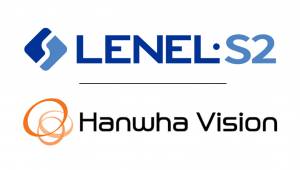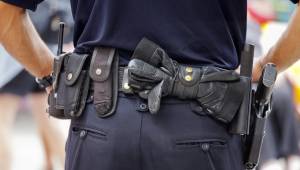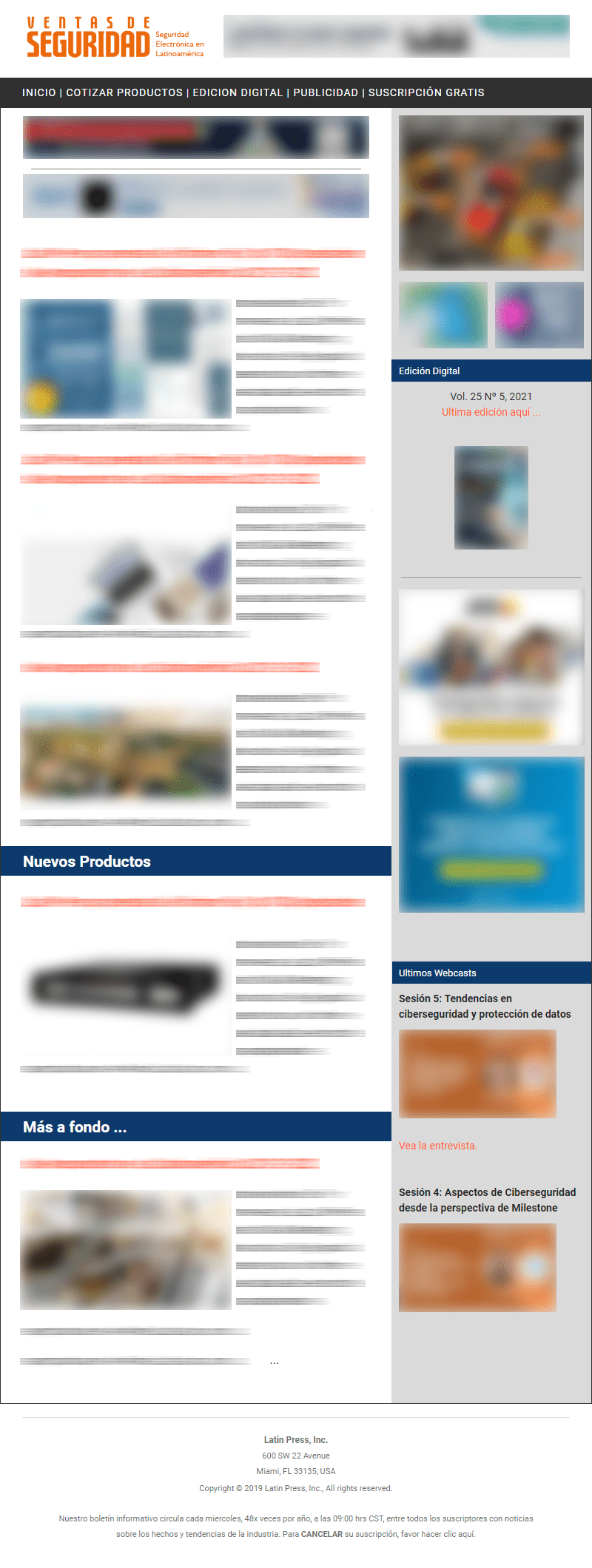A series of recommendations on how a Fire Inspector should act and what are their competences and scope within this important task.
by Jaime A. Moncada*
One of the most important jobs that are executed in fire safety is the "Fire Inspection" of a building or facility. Fire protection systems cannot simply be installed and not re-inspected.
These inspections can be tedious and are generally not appreciated, and may even go unnoticed. However, the Fire Inspectorate has important consequences. Not only for the owner, but for the insurer and mainly for those who visit, work or live in the facility being inspected. This job is not always easy and it is not glamorous, but it can be crucial, and for the Fire Inspector it is a job that is full of satisfaction.
It is full of satisfaction because finding a deficiency that can impact the safety of people who use a building, when identified, can consequently be solved and thus avoid a tragedy or a significant loss of money, or the elimination of work sites by a fire.
Fire Inspector Qualifications
The Inspector has to learn how to properly handle various jobs. He or she is, at the same time, a detective, a consultant, a salesman, a teacher, and a preacher of fire safety best practices.

The inspection should encourage the inspectee to take corrective action to reduce the risk of fire; It should also stimulate the improvement of attitudes towards fire safety and should provide a report with clear, fair and concise findings that have policy justification.
During the Fire Inspection the inspector must be professional and ethical, he cannot be rude or arrogant. Your performance should be concise and you should not talk too much. The Inspector also has to be persuasive, that is, he has to identify the reason for a violation, what his reasoning is and why it is important to correct the violation or non-compliance. This is more effective when done in person than when, days after the inspection, it appears on the inspection report. If the violation is discovered or confirmed later, when the report is written, it is a good idea to have a conference call with the inspection user, to explain the contents of the deficiencies in more detail.
The Inspector should not give opinions and, if he is unsure about a deficiency, should wait until he can review the applicable codes and standards or discuss them with other professionals, before giving his opinion. That is, the inspector must seek not to lose his credibility.
During the inspection, the inspector should concentrate on the most important things and before finishing the inspection, he should give a final interview to the responsible persons receiving the inspection.
Inspector Ratings
NFPA developed NFPA 1031, the Professional Qualifications Standard for Fire Inspectors and Plan Examiners. To clarify, the Fire Inspector is a person who inspects existing buildings for fire hazards and to ensure that fire codes and standards are met. On the other hand, the Drawing Examiner is a person who reviews plans and designs prior to construction or during the remodeling of a building to ensure that fire codes and standards are met.
NFPA 1031 establishes Work Performance Requirements (RDT) that the Fire Inspector should meet. According to this standard, the inspector must be aware of several NFPA standards and codes, including:

• NFPA 1 - the Fire Code,
• NFPA101 - the Life Safety Code,
• NFPA 13 - the Automatic Sprinkler Systems Standard,
• NFPA 72 - the Standard on Alarm and Detection Systems,
• NFPA 25 - the Standard on Inspection, Testing and Maintenance of Fire Systems.
NFPA 1031 is in a process of complete revision and is being consolidated with other standards such as the Professional Qualification of Heads of Prevention (NFPA 1037) and the Public Fire Educator Qualification (NFPA 1035). In 2024, NFPA will publish NFPA 1030, Standard on Professional Qualifications for Fire Prevention Job Positions, which will include the requirements that were in NFPA 1031. NFPA also offers a Fire Inspector certification, which is only offered in English.
Fire Inspectors are not only the representatives of a fire prevention department, but also, primarily in Latin America, professionals who are representing the insurance company or insurance broker, or consultants from a fire protection engineering company who have been hired to assess compliance with local regulations and NFPA in a building or industrial facility.
The inspector should not be a representative of the company that installed the fire systems, or the company that performs the IPM of the fire systems, so as not to be branded as judge and party.
The Fire Inspection Report
The inspection report should be clear and concise and should include recommendations with some kind of priority. The report should also establish a resolution or re-inspection system so that it can be confirmed that violations have been resolved. The report should also refer to the normative articles that describe the non-compliance. It is also a good idea for the inspector to take legal advice so that he or she, or the institution or company he represents, does not assume unnecessary civil liability.
This report should be submitted in writing and its degree of detail will depend on the objectives of the inspection. The report should provide concise and clear documentation of the present conditions and the corrections necessary for the site to have an adequate level of fire safety. The NFPA Fire and Life Safety Inspection Manual (9th Edition) suggests, in general, what an inspection report should include, recommendations that have been summarized and modified below based on my experience:
1. Date of Fire Inspection.
2. Name and signature of the Fire Inspector and whom he or she represents. It is good practice to include your professional credentials. The report must be on the letterhead of the company or institution running the inspection, including telephone numbers and email.
3. Name, address, telephone and email of the inspection user.
4. Name, position, telephone and email of the personnel interviewed.
5. Type of occupation for which the establishment is intended; If it's an industry, a description of what it does.
6. Dimensions, height, number of floors and construction characteristics of the building.
7. Factors that could contribute to the spread of a fire inside and outside the building; ignition sources; special risks; and outdoor exhibitions.
8. Evaluation of manual and automatic extinguishing systems, water supply, smoke control, fire detection and alarm.
9. Evacuation exits, emergency lighting and fire compartmentalization.
10. Internal organization of fire protection and response of the municipal fire department.
11. Procedures for inspection, testing and maintenance of fire systems and results of this documentation.
12. Prioritized recommendations and regulatory references on non-compliance.
Training of Fire Inspectors
In Latin America there has not been a program that trains the Fire Inspector, however, currently, with other professionals, I am involved as an instructor of a new Advanced Program on Fire Inspection, designed by the Fire Protection Institute® (www.fireprotectioninstitute.org).
The objective of this program is to provide a basis of study for those who would like to inspect buildings and industries, from the point of view of their fire safety and following NFPA guidelines. The course offers training through nine modules and 25 hours of virtual training, in addition to workshops and exams. This program is being scheduled once again for 2023.
 * Jaime A. Moncada, PE is a principal of International Fire Safety Consulting (IFSC), a fire protection engineering consulting firm based in Washington, DC. and with offices in Latin America. He is a fire protection engineer graduated from the University of Maryland, co-editor of the NFPA Fire Protection Handbook, Vice President of the Society of Fire Protection Engineers (SFPE). Mr. Moncada's email address is [email protected].
* Jaime A. Moncada, PE is a principal of International Fire Safety Consulting (IFSC), a fire protection engineering consulting firm based in Washington, DC. and with offices in Latin America. He is a fire protection engineer graduated from the University of Maryland, co-editor of the NFPA Fire Protection Handbook, Vice President of the Society of Fire Protection Engineers (SFPE). Mr. Moncada's email address is [email protected].


























Leave your comment